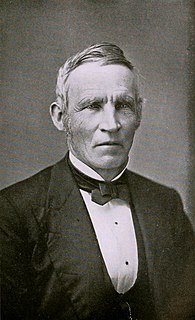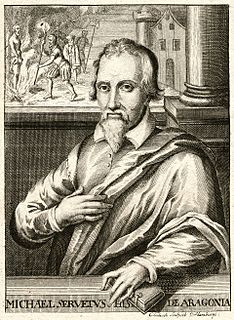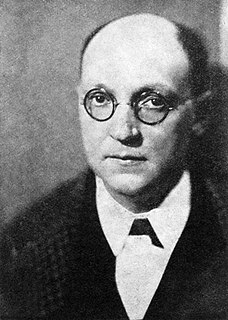A Quote by Ernest Sosa
It is also certain that when we assent to some piece of reasoning when our perception of it is lacking, then either we go wrong, or, if we do stumble on the truth, it is by accident, so that we cannot be sure that we are not in error.
Related Quotes
The peculiar evil of silencing the expression of an opinion is, that it is robbing the human race; posterity as well as the existing generation; those who dissent from the opinion, still more than those who hold it. If the opinion is right, they are deprived of the opportunity of exchanging error for truth: if wrong, they lose, what is almost as great a benefit, the clearer perception and livelier impression of truth, produced by its collision with error.
Error is a supposition that pleasure and pain, that intelligence, substance, life, are existent in matter. Error is neither Mind nor one of Mind's faculties. Error is the contradiction of Truth. Error is a belief without understanding. Error is unreal because untrue. It is that which stemma to be and is not. If error were true, its truth would be error, and we should have a self-evident absurdity -namely, erroneous truth. Thus we should continue to lose the standard of Truth.
Quite often, as life goes on, when we feel completely secure as we go on our way, we suddenly notice that we are trapped in error, that we have allowed ourselves to be taken in by individuals, by objects, have dreamt up an affinity with them which immediately vanishes before our waking eye; and yet we cannot tear ourselves away, held fast by some power that seems incomprehensible to us. Sometimes, however, we become fully aware and realize that error as well as truth can move and spur us on to action.
For my part, when I enter most intimately into what I call myself, I always stumble on some particular perception or other, of heat or cold, light or shade, love or hatred, pain or pleasure. I never can catch myself at any time without a perception, and never can observe anything but the perception.
'In his celebrated book, 'On Liberty', the English philosopher John Stuart Mill argued that silencing an opinion is "a peculiar evil." If the opinion is right, we are robbed of the "opportunity of exchanging error for truth"; and if it's wrong, we are deprived of a deeper understanding of the truth in its "collision with error." If we know only our own side of the argument, we hardly know even that: it becomes stale, soon learned by rote, untested, a pallid and lifeless truth.'









































